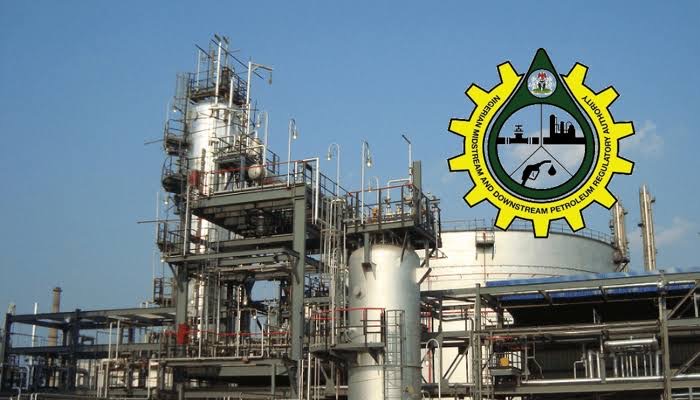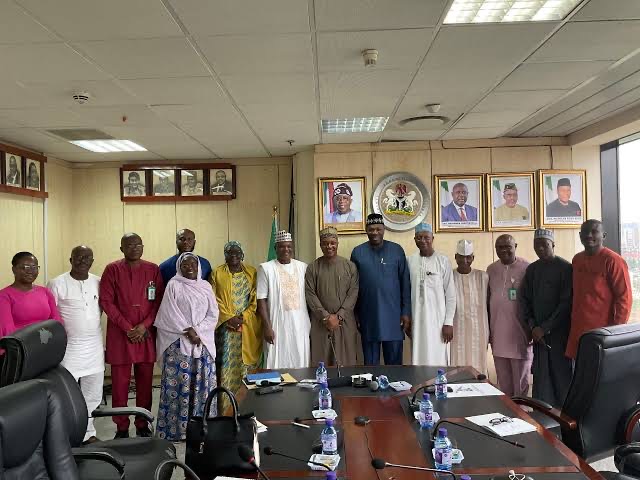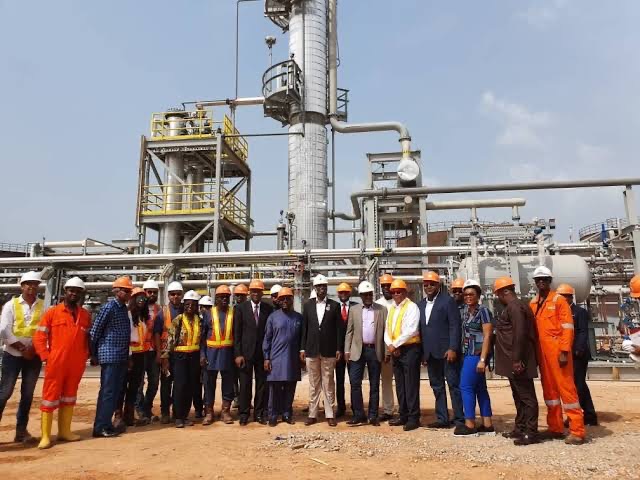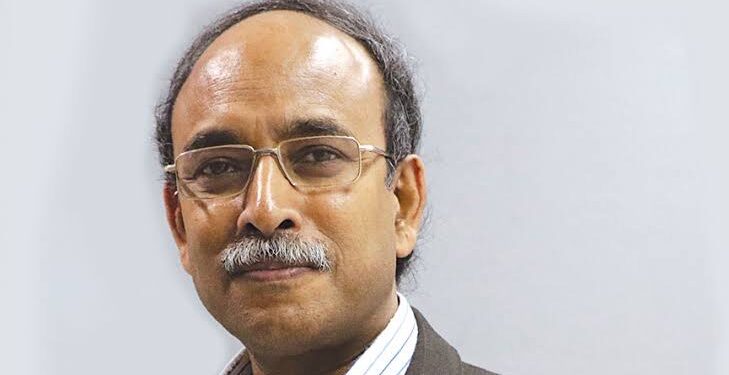The Nigerian Midstream Petroleum Regulatory Authority (NMDPRA) yesterday announced the issuance of an additional license of 5,000 barrels per day to Waltersmith, Ibigwe, Imo State.
In a statement on its X handle, the midstream and downstream regulator expressed that the approval was conceded in stage two of the plant’s turn of events, yet noticed that the following stage will start in 2025.
The modular refinery with a production capacity of 5,000 barrels per day achieved as part of the first phase development has been expanded to 10,000 barrels per day with a view to further increasing the capacity to 40,000 barrels per day in the shortest possible time.
“Today, the Authority granted a License to Construct (LTC) of Phase 2 to Waltersmith Refining and Petrochemical Company Limited.

“Authority Chief Executive, Farouk Ahmed, stated that Waltersmith operates a topping plant refinery in Ibigwe, Imo State,-with a capacity of 5,000 barrels per stream day (BPSD). This plant produces AGO, DPK, HPFO, and Naphtha.
“The refinery is expected to be commissioned by Q3 2025, and that the refinery plans to expand to Phase 3 immediately after,” he said.
Waltersmith Managing Director Muhammad Musa was also quoted as saying that the milestone will enable Waltersmith to double its current production capacity.

Musa thanked Waltersmith and the NMDPRA team for their support, noting that the success reflects the government’s confidence in their capabilities.
In its message, NMDPRA said, “The company assures Nigerians of its dedication to finding new ways to contribute value to the country,”
Meanwhile, the Federal Government has launched the Technical Working Group (TWG) on Energy Projects of the National Gas Expansion Programme (NGEP), the National Directorate of Employment (NDE), and the Association of Local Governments of Nigeria (ALGON) to oversee the utilization, implementation, and establishment of gas energy projects in local government areas across the country.
In his remarks at the launching ceremony in Abuja, the Permanent Secretary of the Ministry, Nicholas Ella, stressed that the NDE will focus on vocational skills development programmes, which is a core mandate in line with the NGEP’s Gaspreneurship Initiative.

He explained that the Gaspreneurship initiative developed by NGEP encompasses the technology and science of all aspects of the gas value chain including exploration, production, transportation, and distribution.
The TWG will drive the implementation of the initiative and facilitate collaboration between NGEP, NDE, and ALGON to promote gas-based economic development and job creation in local communities.
“The comprehensive training component covers:- Entire gas streams and operating principles- audit of machinery and equipment types and capacity for suitable system installation and calibration,” explained.
The gaspreneurship initiative will be completed by providing a starter pack including diagnostic tools and equipment, as well as identifying suitable workshops and incubators in local government areas across the country. This will enable aspiring gaspreneurs to become employers after graduation, he added.
The Statement of Work (ToR) of the NGEP, ALGON, and NDE TWG included, among others: Identifying clear areas of intervention along the gas value chain that have the potential to transform the socio-economy of the municipality.
Drafting a simple template for an energy audit (power and transport) to identify the energy needs of the municipality and drafting selection criteria for the participation of municipalities in the various stages of the implementation of these initiatives.
Members of the Technical Working Group (TWG) recruited from the Ministry of Petroleum Resources, NDE and ALGON included; the Chairman of NGEP, Prof. M. M. Ibrahim, Assistant Director (Information) Mr. Christopher Ugwuegbulam, among others.

































